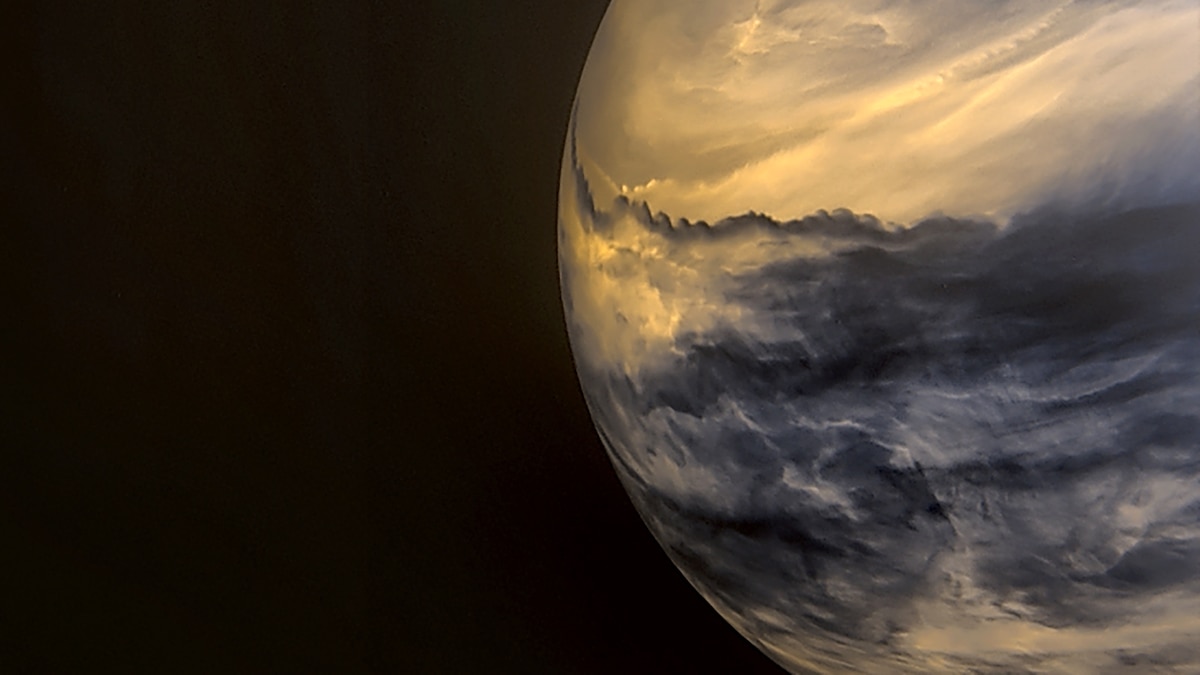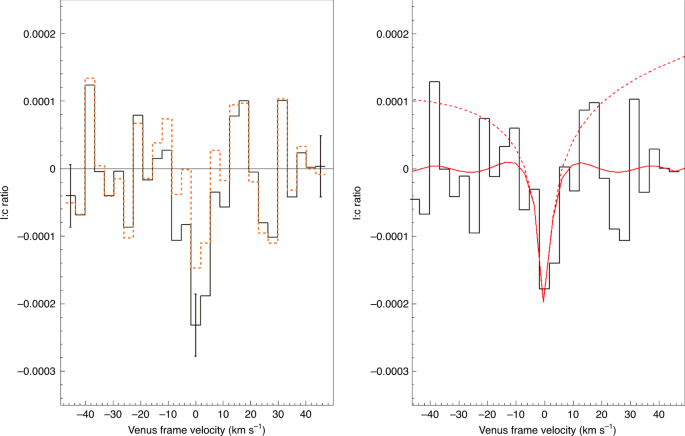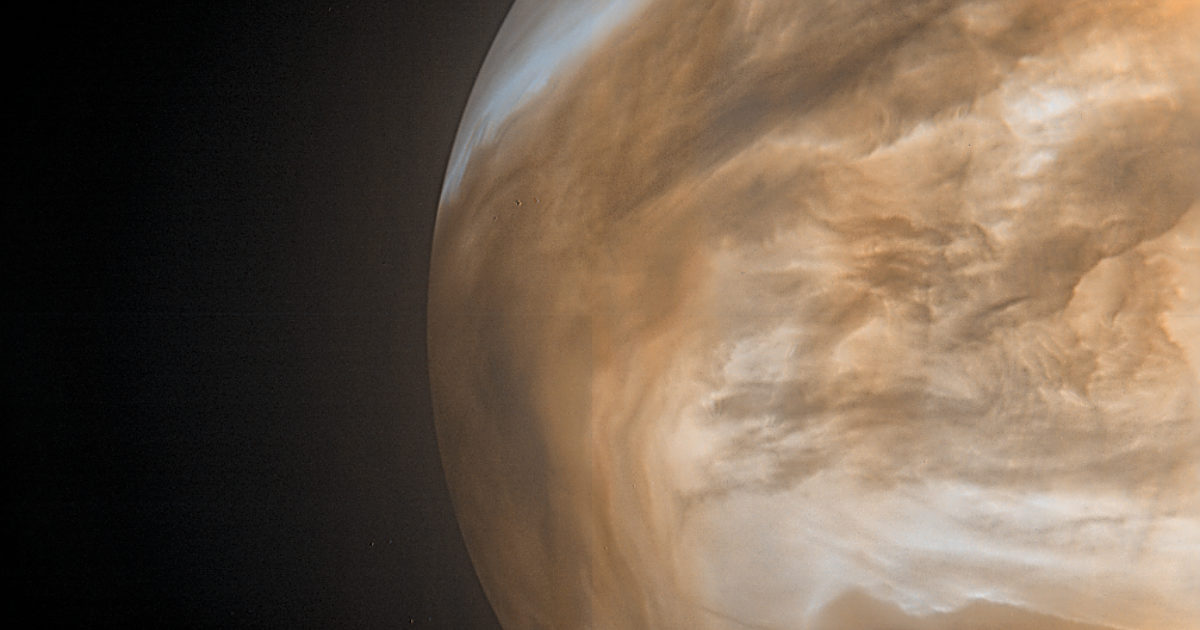- Joined
- 21 January 2015
- Messages
- 12,155
- Reaction score
- 16,366
From the hints I’ve seen I think this is to do with the possibilities of life in the atmosphere of Venus.
View: https://twitter.com/AAS_Press/status/1303696305055830018
View: https://twitter.com/BBCStargazing/status/1304010713195839493
View: https://twitter.com/paulsanderson/status/1303535712231288832
View: https://twitter.com/AAS_Press/status/1303696305055830018
View: https://twitter.com/BBCStargazing/status/1304010713195839493
View: https://twitter.com/paulsanderson/status/1303535712231288832
Last edited:





